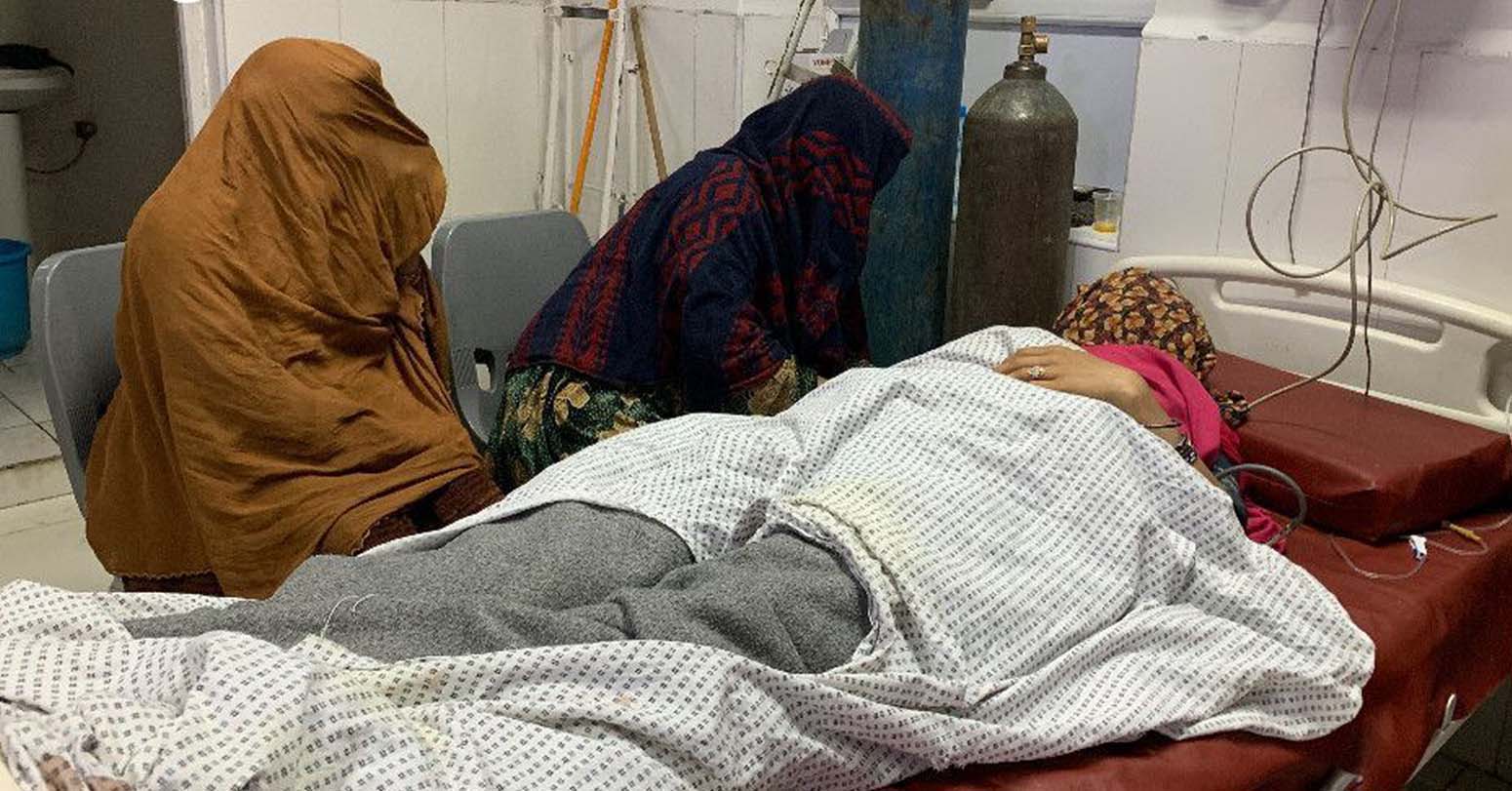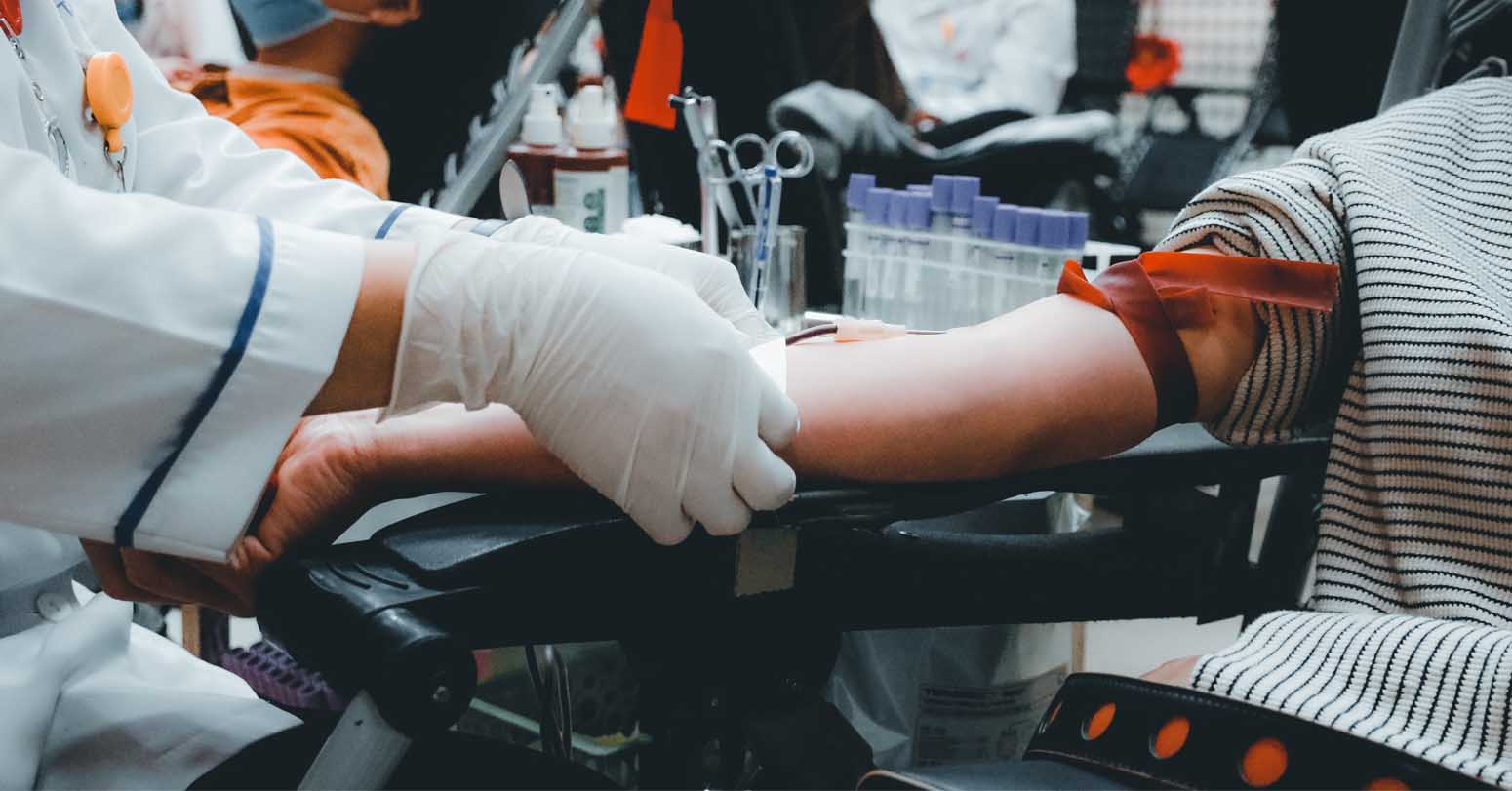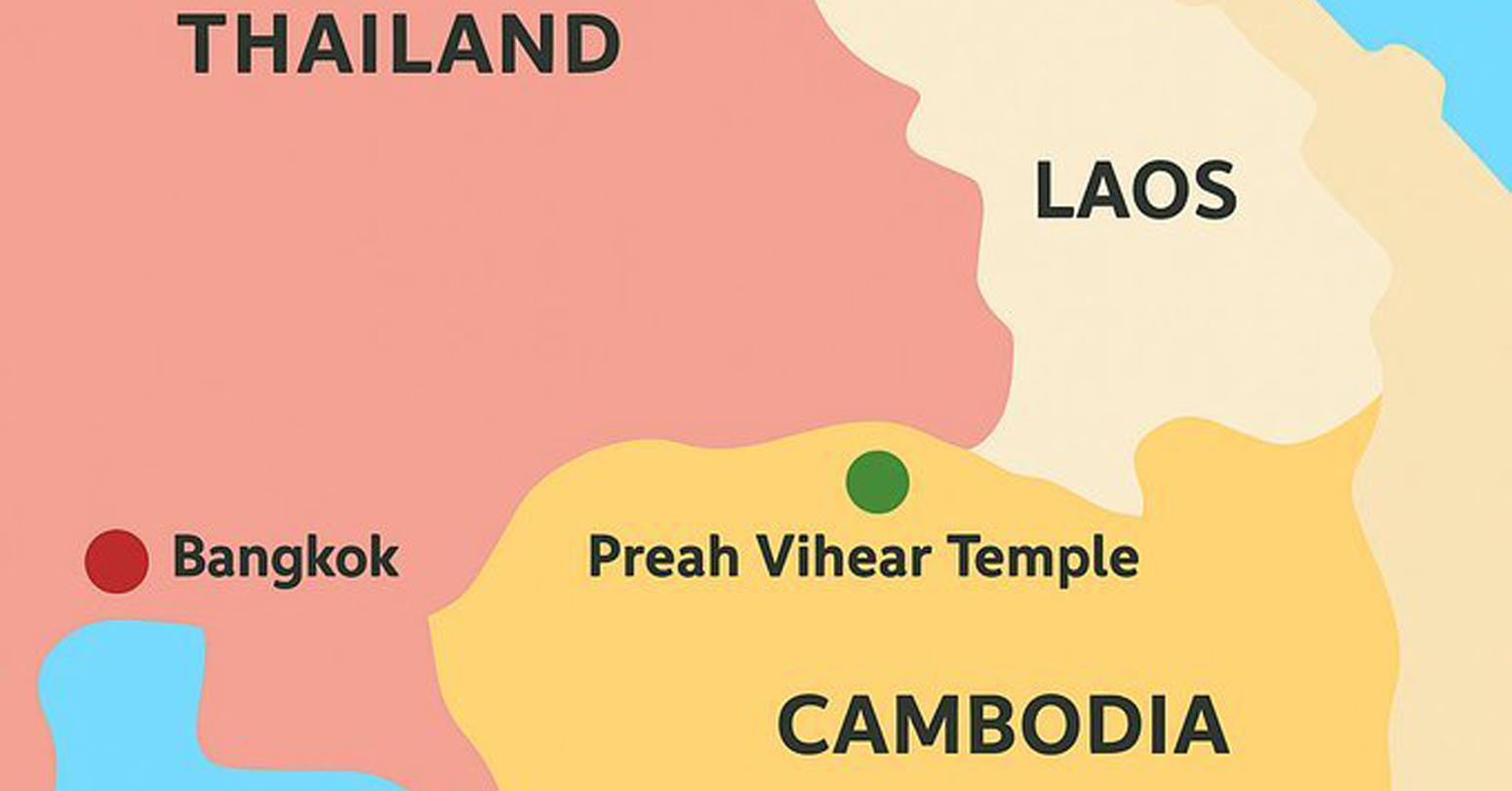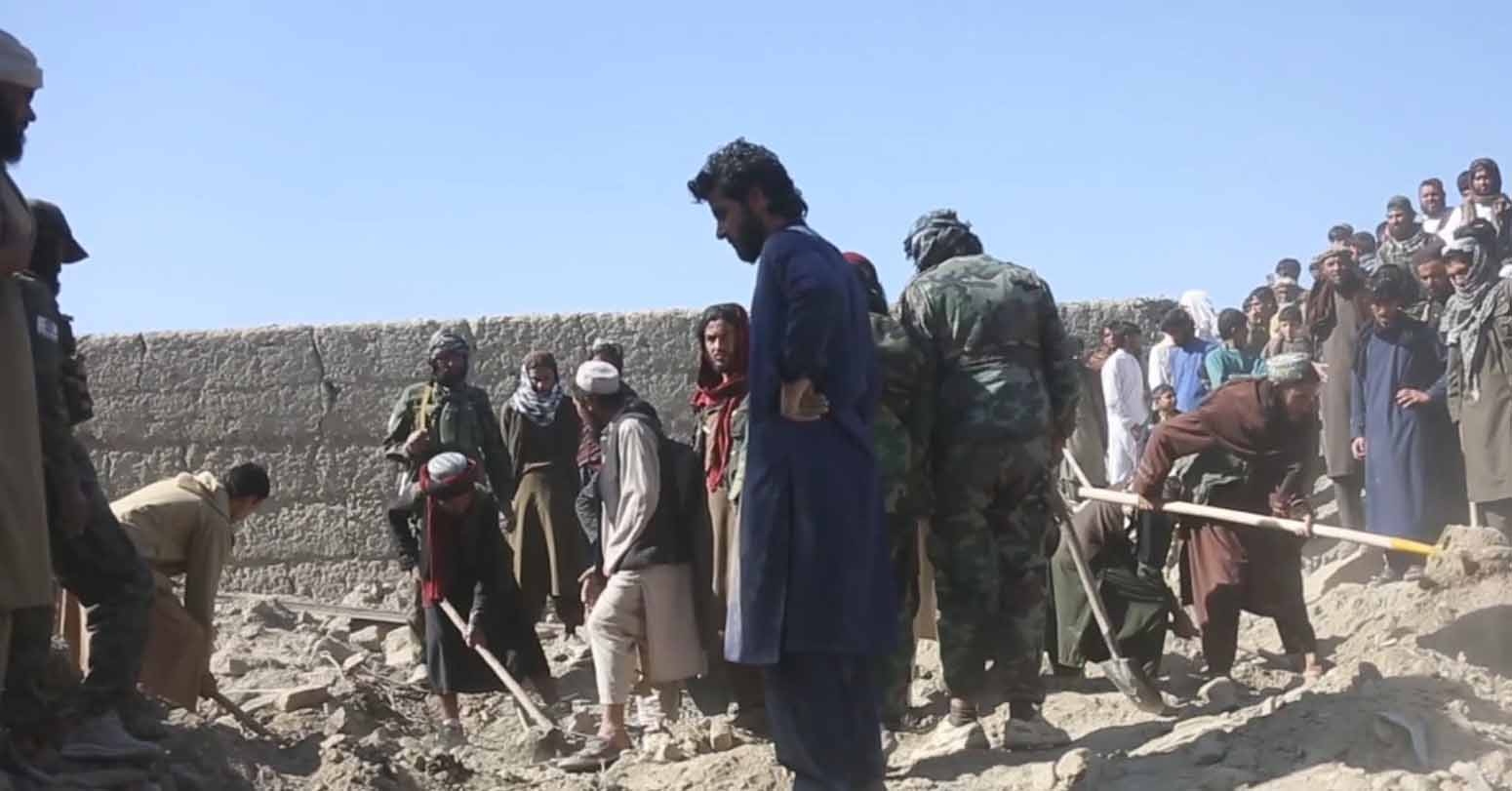
The donation of safe blood should be intensified in Africa to help save individuals grappling with life-threatening health emergencies, including accidents, a World Health Organization (WHO) official said on Friday during World Blood Donor Day.
Matshidiso Moeti, the WHO regional director for Africa, said that the continent should find innovative ways to increase blood donations to meet the growing demand for this life-saving commodity in emergency wards.
Despite targeted sensitization campaigns, blood donation in Africa has lagged behind other parts of the world, compromising the resilience of the continent's public health systems, Moeti said. African countries collect only 5.2 units of blood for every 1,000 people, below the 10 donations or more per 1,000 people recommended by the WHO and far from the 33 units of blood per 1,000 people collected in developed countries.
"In addition, only 18 out of 47 countries had reached the regional target of at least 80 percent of blood supply from Voluntary Non-Remunerated Blood Donors. Yet, the demand for blood remains constant, while the supply often falls short," Moeti said in a statement released in Nairobi, the Kenyan capital.
In the past decade, WHO has provided technical and financial support to African member states to improve the availability of safe blood products in health facilities, Moeti said. Consequently, these countries have developed policies, strategic plans, norms and standards to boost blood donation and store the commodity in a safe environment.
The agency is also assisting national regulatory authorities and national blood transfusion services to oversee blood donation drives that meet quality and safety thresholds, Moeti noted. The number of African countries that have fully developed a national blood policy increased from 37 in 2015 to 43 in 2022, while the average number of blood units collected per 1,000 population increased from 4.5 to 5.2, compared to the regional target of 10 units per 1,000 people.
Moeti said that the percentage of countries already participating in an external quality assessment scheme for transfusion-transmissible infections increased from 55.3 percent to 62.2 percent.
She urged African governments to inspire citizens to donate blood as a patriotic duty while enhancing the capacity of national blood transfusion services through training and technology adoption.
-XINHUA

















Middle-aged man spends millions to
Dr. Dharam Raj Upadhyay: Man
Children, Greatest Victims Of Sudan’s
Breathing The Unbreathable Air
Comprehensive Data Protection Law Critically
Gender Differences In Mental Healthcare